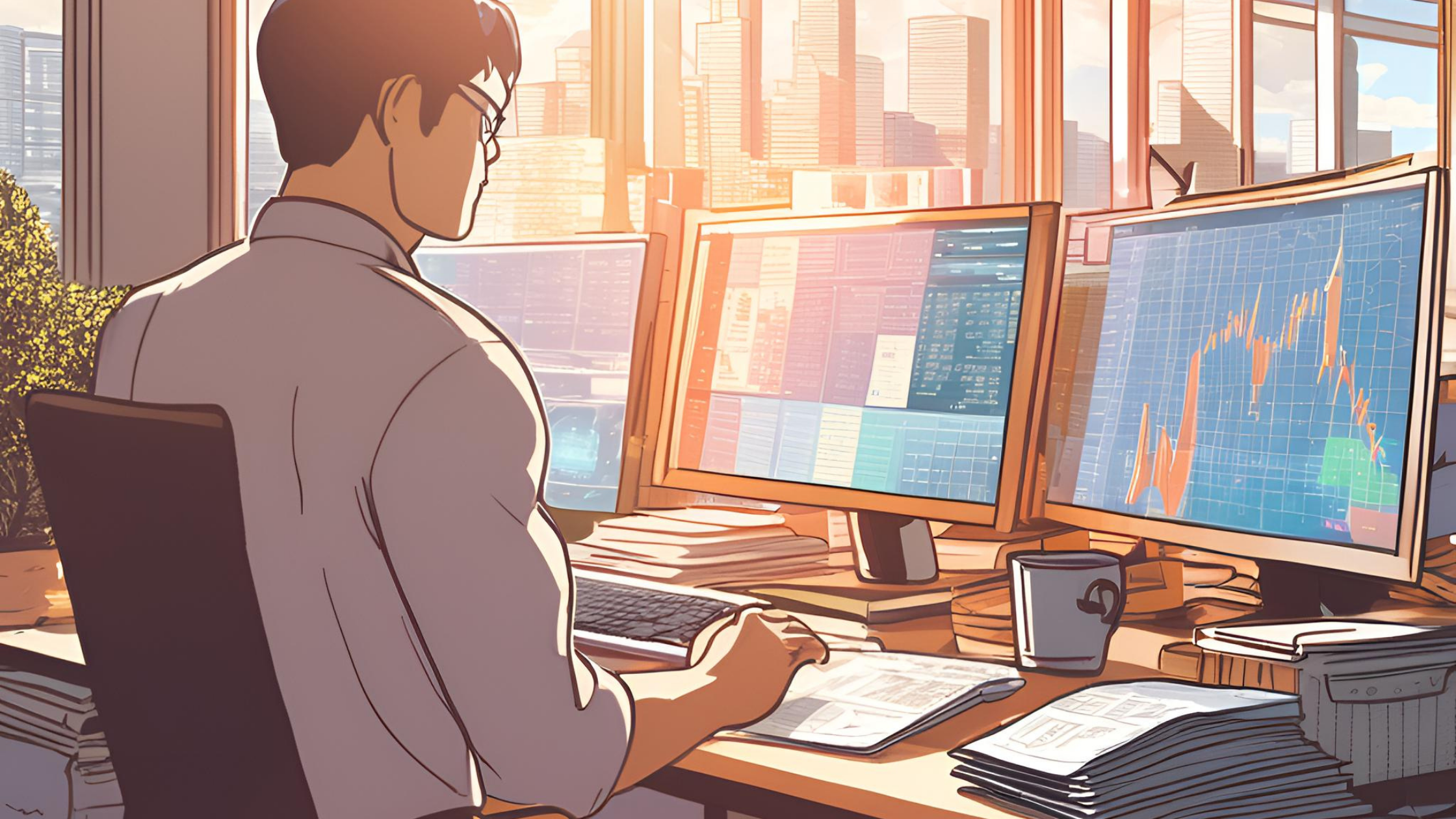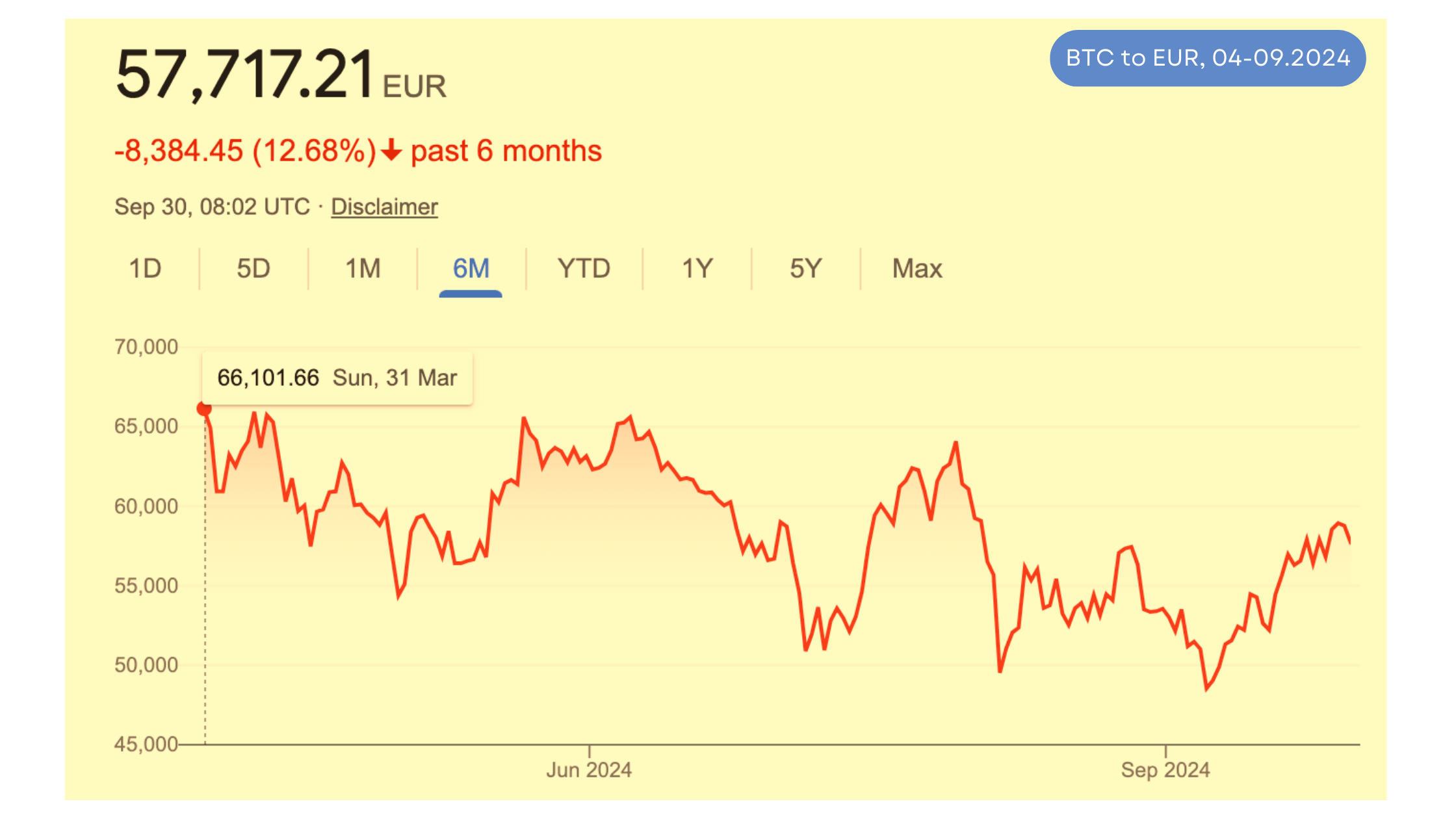
Reading time: 3 minutes
The recent Mt. Gox payouts have triggered significant discussions in the Bitcoin market, with varying opinions on the potential impact. Since the initial wave of Mt. Gox payouts earlier in 2024, the long-term effects on the Bitcoin market have been more nuanced than some anticipated. Here are four key takeaways from the last 6-month developments.
1. Moderate Sell Pressure on the Market
Despite initial fears, analysts suggest that the sell pressure from Mt. Gox payouts have not been as severe as anticipated. Some analysts believe that the market had already priced in these releases, reducing the potential for panic selling (CryptoGlobe) (EconoTimes).

2. HODLing vs. Selling
While many feared a significant sell-off, it appears that a large portion of Mt. Gox creditors might be choosing to HODL rather than sell. This reflects a broader trend where long-term believers in Bitcoin, particularly those who have waited years for their funds, prefer to keep their holdings rather than cash out (EconoTimes).
Many creditors are likely to hold their Bitcoin due to the substantial tax implications of immediate sales, spreading out any sell-off over time and across multiple exchanges. This could have mitigated the feared market impact (The Daily Hodl).
Interestingly, some of ShopinBit’s clients have shared with us that they are Mt. Gox creditors and are spending their payouts, which indicates that not everyone is choosing to hold. This adds a real-world layer to the theoretical market analyses, highlighting that while the majority might hold, some are indeed cashing out to spend on experiences, services, or goods that in itself may be profitable investments such as watches, handbags or rare, exotic cars. This spending behaviour underlines the diverse strategies among creditors and suggests that while the market impact may be diluted, it is not negligible.
3. Potential for Market Volatility
The possibility of significant volatility remains, especially as the larger creditors, who hold a substantial portion of the Bitcoin being repaid, might still decide to sell. As of September, only about 65% of creditors had received their payouts, with significant amounts still pending. This could lead to noticeable dips in Bitcoin prices if large amounts are offloaded at once. However, other market factors, such as Bitcoin ETFs, may help absorb some of this sell pressure (Evrim Ağacı).

4. Strategic Market Timing by Creditors
Many creditors might be waiting for optimal market conditions before selling. The anticipation of higher prices or more favourable tax scenarios could delay large sell-offs, thereby spreading out the potential impact over a longer period (The Daily Hodl) (Evrim Ağacı).
Currently, Bitcoin is experiencing a challenging period, with prices hovering around €48,500 to €58,900, which represents a notable decline from previous highs earlier in the year (The Currency analytics)(Coinpedia Fintech News). September, historically a difficult month for Bitcoin, continues to exhibit its usual downward pressure (The Currency analytics).
Summary
The overall market has been more resilient than expected, with much of the feared sell-off being delayed or muted by strategic creditor behaviour. What makes us truly proud is that our platform empowers people to use Bitcoin the way it was intended: as a currency. Whether it's for travel, renting or purchasing cars, electronics, wellness services, adult goods, or anything else, the seamless ability to spend Bitcoin directly is fueling its adoption in daily life. We’re thrilled that more clients, including Mt. Gox creditors, are choosing us for our strong commitment to privacy (no marketing analytics, optional accounts) and the freedom to buy anything (legal) with Bitcoin.
